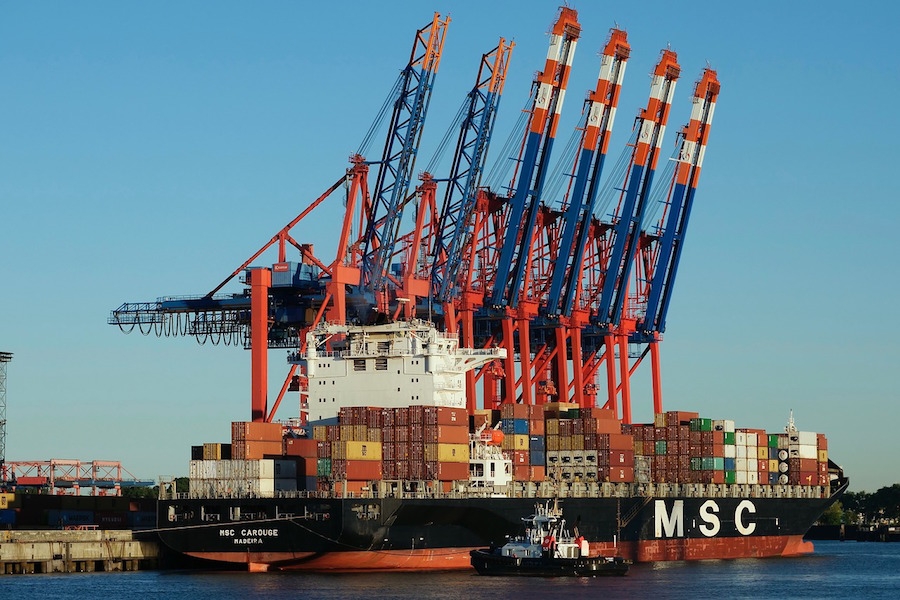New data show effect of trade war on the state.
As the trade war between China and the U.S. seems poised to escalate with tariffs expected to increase on March 1, new data show the burden so far on Oregon businesses.
A nationwide coalition of more than 150 farmers, retailers and other businesses called Tariffs Hurt the Heartland, calculated that Oregon businesses paid $84 million in added tariffs since October of last year.
The cost of tariffs for Oregon more than doubled since last fall. The amount paid in October 2018 was fourteen times that paid in the same month in 2017.
Besides the tariffs Oregon businesses paid on their raw materials shipped from overseas, they also felt the burden of retaliatory tariffs on their finished goods sent abroad. Since the start of the trade war, Oregon exports faced $40 million in tariffs from trading partners responding to the U.S’s trade policy. In October, Oregon exports subject to those tariffs dropped by 16%.
“Some businesses in Oregon have supply chains that rely both on domestic agriculture and international imports,” says Matt McAlvanah, a spokesman for Tariffs Hurt the Heartland. “A lot of them are getting hit from both ends.”
The group sent a letter to Oregon governor Kate Brown urging her to support policies that would curb the damage. The businesses wrote that, “continuing to escalate the trade war will drive uncertainty across all industries, increase stock market volatility, and create more stories of economic pain, which we are already seeing on a daily basis.”
Steel manufacturers like Schnitzer Steel could benefit from the tariffs, but more Oregon businesses are seeing higher costs. Many industries, including craft brewing, use foreign steel and aluminum for equipment.
“Some businesses in Oregon have supply chains that rely both on domestic agriculture and international imports. A lot of them are getting hit from both ends.”
—Matt McAlvanah, Tariffs Hurt the Heartland
The U.S. tariffs on $200 billion of Chinese goods are set to rise from to 25% from 10% on March 1. Experts warn the increase and possible retaliation from China could trigger a shock to the global economy, leading to job losses, stagflation and currency devaluation.
The fast-approaching deadline makes the situation even more urgent for businesses. McAlvanah says the Oregon letter marks the beginning of a nationwide campaign to raise awareness among governors and bring local businesses to Washington, D.C. to meet the legislators who represent them.
“Oregon is a trade-dependent state,” McAlvanah says. “We started this effort in Oregon, but we need to ensure governors across the country understand the economic impact.”
To subscribe to Oregon Business, click here.




